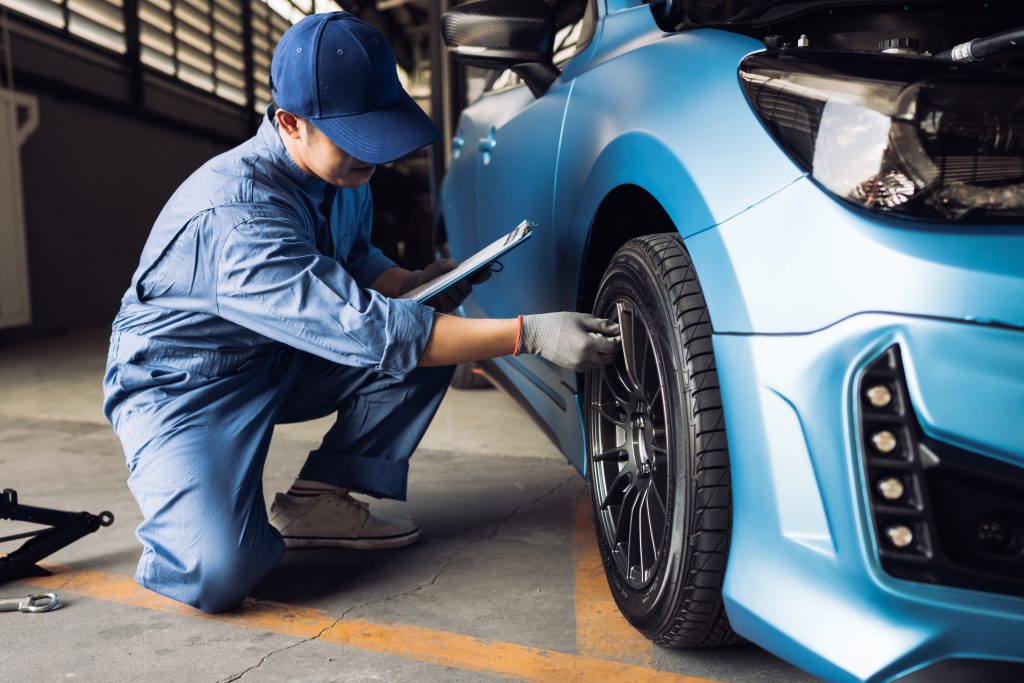
For many people, long road trips are a great way to clear their minds and renew their perspective on life. However, you need to plan ahead to make sure everything goes according to your wishes. Regardless of how safe your driving is, accidents are always around the corner. In fact, in the US alone, the average number of car accidents annually is 6 million.
If you’re planning to have a long drive, your vehicle must be in tip-top condition. By ensuring that your vehicle is in good condition, you’ll avoid having to pay hefty amounts that go with car accidents. Still, if you find yourself in one, and you know that it’s not your fault, do remember that you still have the right to a motorcycle accident litigation. Having the proper legal knowledge allows you to mitigate your losses.
To help you gear for a long drive, here are some safety tips for avoiding car accidents.
- Make Sure The Battery Is Functional
If you’re on a long road trip, it’s a cause for concern if your car gives up on you in the middle of driving, which can be due to the battery malfunctioning. Thus, before you enter your car, make sure the battery has a well-connected cable to terminal connection, washed terminals, and a strong charge.
Car batteries typically have a life expectancy of four years. If your car battery has elapsed that much time, it’s better to invest in a new one to avoid any misshapen accidents.
- Verify the Operational Capacity of Lights
Most long drives are scheduled during the night-time. In dark and visually compromising times, fully functional lights are an essential commodity.
Most lights get defective over time. Either their bulbs give out or their wiring gets defected. For these reasons, you have to make a habit of periodically checking your car.
Take a test drive, and see if your headlights, brake, reverse, and taillights, and turn signals are operating at full capacity. Any indication of dimness is a cause for concern. As a litmus test, ask someone to stand in front and behind your car to see whether the light beam is reflecting on the wall.
Also, check for breakage, spaces, dirt, and cracks in your lights. If you spot any foul play, have your light repaired or replaced.
- Check Oil
Your car’s engine parts need to be well-lubricated at all times. If your car doesn’t have a proper serving oil after regular intervals, it can create friction between its moving parts, causing wear and tear. When this happens, your engine will shut down abruptly, leaving you high and dry in the middle of the road.
To prevent this situation, develop a habit of checking your engine oil’s color and level. If the oil falls below minimum levels, schedule a refill at the earliest. If your tank is running dry despite repeated refills, then it’s probably an indication of leaks, which you should also check.
- Check Water Levels
Overheating is a problem that upsets a lot of drivers. However, if you verify that the water level in your radiator is adequate before a long drive, there’s no reason to believe you’ll be confronted with such a road disaster.
In case your car shows signs of overheating during driving and needs a fresh serving of water, you can also place several water bottles in your trunk.
- Make Sure The Brakes Aren’t Resistive
Faulty brakes are a serious car hazard. If they’re not working properly, or are showing signs of breaking down, you must get them repaired.
To check whether your brake systems are good to go, push the pedal of your car down to the bottom, and make sure it’s moving smoothly and doesn’t feel spongy. If it is, it means your brakes are week and need your immediate attention.
- Verify Tire Pressure
The right tire pressure plays a pivotal role in preventing unfortunate accidents. Tires, even if they’re brand new, lose air very quickly. Detecting air pressure in a tire with the naked eye isn’t a surefire technique. To be on the safe side, you need a tire pressure gauge.
Furthermore, inspect the tires for nails, needles, and other sharp items that have the potential to puncture them.
- Check Engine
The groan of a dying engine in the middle of the road can expose you to a host of vehicular dangers. To prevent this from happening, check the engine before you cozy up in your car. Check for leaks, and start the engine a few times, and listen to the sound it produces. Any suspicious noises, such as knocking, humming, or tapping are a cause for alarm.
You might need the services of a certified mechanic to make sure your engine is good for the long haul.
Bottom Line
Before planting your feet in your car and roaring off to a long road trip, make sure your engine, brakes, lights, and a lot of other components are in order. Also, make sure you’re in the right state of mind to drive for long periods.

